01/7Is Vegetarian diet a healthy diet?

Veganism and plant-based diets have been trending for a while with more and more people making the switch every day! People tend to eat a vegetarian diet for various reasons. Some do it for environmental reasons, others are adopting the diet for its various health benefits, whilst some are for cultural/ethical reasons. Since most people struggle with eating enough vegetables, one would think that vegetarians would be some of the healthiest people around, eating highly nutritious diets. But while vegetarianism comes with health benefits, it can also result in some nutritional deficiencies.
Miten Kakaiya, fitness coach at Miten Says Fitness (MSF) says,” It's no surprise that plant-based diets are healthy and reduce the risk of certain diseases (heart diseases, cancer, and type 2 diabetes) but they also don’t contain high levels of certain nutrients that are essential for the body!”
The nutritional deficiencies that are most common with vegetarian or vegan diets include:
02/7Heme Iron


Iron from food comes in two forms – heme and non-heme. Heme iron is found mainly in meat, poultry, and seafood, while non-heme iron is found in plant foods like whole grains, nuts, seeds, legumes, and leafy greens. Heme iron is better absorbed than non-heme iron. Further, non-heme iron is inhibited by phytic acid present in plant foods like whole grains, legumes, lentils, nuts, etc. “It’s because of inadequate intake or low-absorption of iron in the body that vegetarians and vegans – especially females and people on simple food diets, are more prone to anemia than meat eaters,” says Kakaiya. Iron deficiency, further, has been found to reduce IQ, and impacts learning, memory, and attention.
03/7Creatine


“Creatine is an essential nutrient that increases both muscle mass and strength. Creatine is scarce in the vegetarian diet and is a molecule found mostly in animal foods. Lack of creatine results in cognitive weaknesses, as well as reduced brain and muscle function. Studies have also shown that vegetarians tend to have lower amounts of creatine in their muscles,” advises Kakaiya.
04/7Vitamin B


The B Vitamins are a collection of eight water-soluble vitamins essential for a range of important functions of the body. B Vitamins help release energy from food and are essential for our immune and nervous systems. As they are not stored in the body, we need to eat foods that contain them. “Since major sources of B Vitamins are non-vegetarian food, a lot of people following vegetarian diets experience B Vitamins deficiency” adds Kakaiya. B Vitamin deficiencies may affect the cardiovascular system, nervous system, or neurological damage.
05/7Zinc


Zinc is an essential nutrient that plays a key role in skin health, immune function, cell growth, reducing inflammation, and other conditions. A major source of zinc comes from animal foods. Zinc is found in plant foods like legumes, whole grains, nuts & seeds, etc which are also high in phytic acid – an inhibitor of zinc. Hence, zinc bioavailability is reduced for people consuming only plant-based food.
06/7L-Carnitine


L-Carnitine is a nutrient that plays a crucial role in the production of energy by transporting fatty acids into cells. It is richly found in red meat but lacks in plant-based foods. People following vegan or vegetarians often experience muscle weakness, liver problems, and heart-related problems due to insufficiency or deficiency of L-Carnitine in the body.
07/7The takeaway


“When following a vegetarian or vegan diet, you’ve got to be mindful and watchful of what you are eating and supplement with vitamins and minerals that your diet may be lacking in. The most important thing is to stick to a diet that you want to follow but also make sure that you don’t miss out on the nutrients to keep your body healthy in the long run,” concluded Kakaiya
Health Disclaimer: This article is written in the best interest of health for all. We don’t promote eating any one form of diet or taking supplements without checking with your healthcare consultant.














































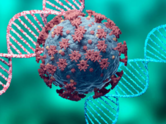


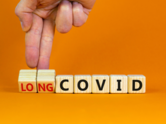


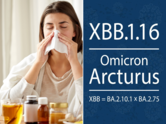


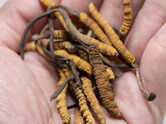

























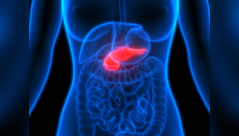


























closecomments
SIGN IN WITH
FacebookGoogleEmail